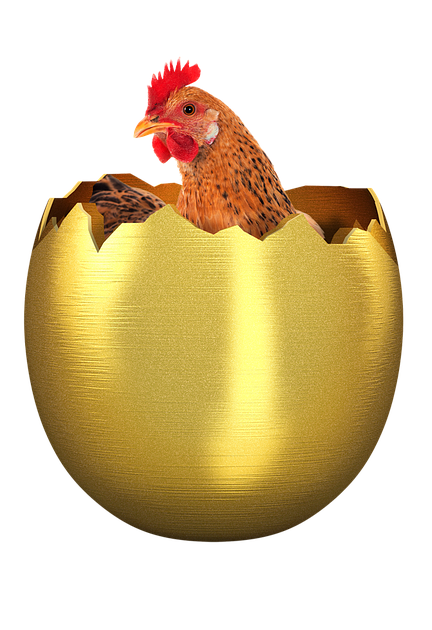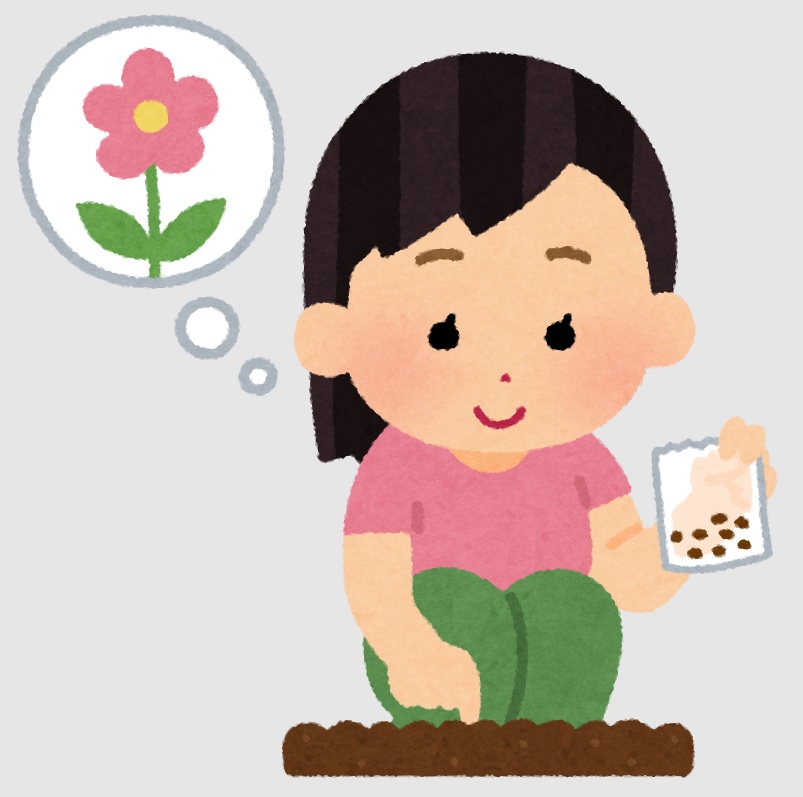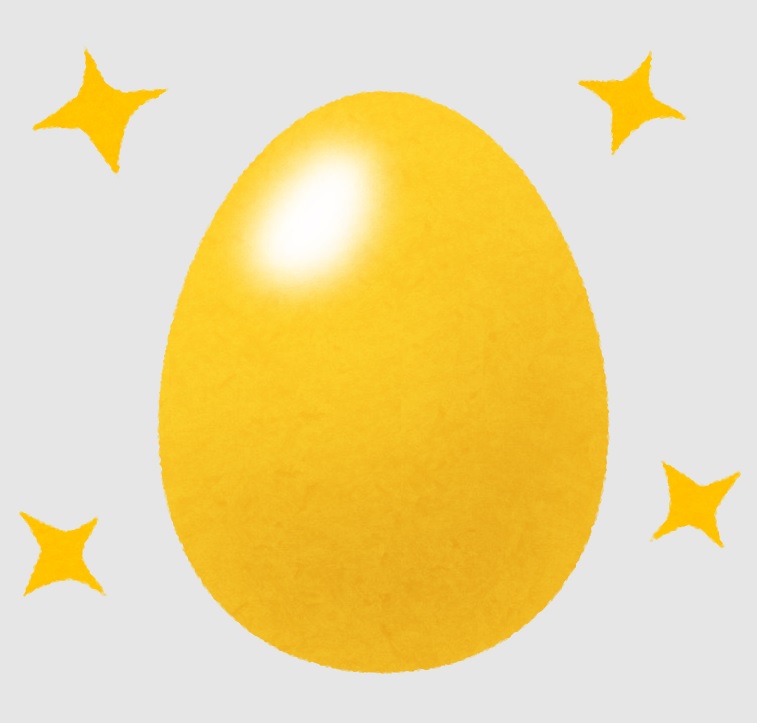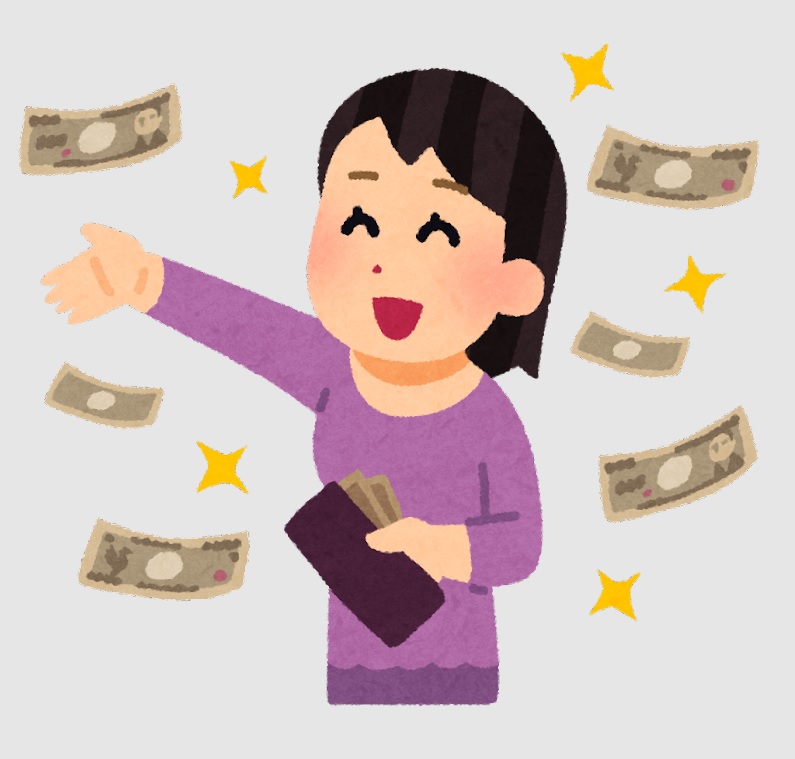「バランスが大事|ゴールドエッグの鶏を飼いながら、今も未来も楽しむ賢い生活」
〜前回のつづき〜
●数字と感情のバランスで描く豊かな人生~お金も心も人生を豊かにするための道具~(つづき)

ほとんどの人はお金に余裕がない。
何故か?
収入より支出が多いからですよね?
毎月収入が
20万円入ってくるものに対して
毎月25万円お金を使うから
貯まらない。
それだけの話ですよね?
簡単な話です。
ではお金に余裕を持たせるためには
・収入を上げる
・支出を下げる
どっちかしかない。
さらに
この世の中の大きな仕組みとして
節約だけではダメで

(トマ・ピケティ 出典:Wikipedelia)
r>g
r:資本収益率
g:経済成長率
(著書 21世紀の資本より)
ずっとお話ししてきてますよね?
資産を持っている人はより裕福になり
労働でしか富を得られない人は
相対的にいつまでも裕福になれない
という事です。
給料所得の伸びよりも
資産の伸びの方が大きい。
だから投資をしないと格差は広がって
ドンドン貧乏になってしまう世の中なんです。
これは著者トマ・ピケティ氏が
過去の膨大なデータから調べた結果です。
投資をしないと
ドンドン貧乏になる世の中です。
投資をするための資本を
貯めなければいけないですよね?
投資をしないと
貧乏になっちゃうんだけど
投資をするためには
資本を貯めないといけないですよね?
お金を貯めないといけない。

金の卵を産む鶏を飼って
育てなければならない。
毎年卵を産んでくれる鶏を。
浪費は
金の卵を産む鶏を食べてしまう
という行為なんですよね。
更には資産どころか
負債を買ってるという人も多い。
未来の分まで
全部使ってしまうという人も
多いですよね?
・マイホーム
・車
などをローンで買う事によって
未来の分の給料まで
全部使ってしまってますよね?
なので

バランスが大事だという事です。
今も大事だし未来も大事です。
もちろん
今お金を貯めるために
全てを我慢するというのも
これはこれでバランスが悪い。
やはり美味しいものも食べたいし
遠くに旅行にも行きたい。
友達と遊ぶ時間だって欲しいし
欲しいものもある。
それは全然かまわない。
いつ死ぬかわからないんだから
今現在も楽しみたいですよね?
でも未来も大事という
両方が大事なんですよね。
だからバランス良く
極端な極論じゃなく
どっちもうまく楽しみながら
行きたいですよね?という事です。

未来に種を蒔きつつ今も楽しむ。
生活費より資産所得が増える。
生活費よりも毎月資産から
入ってくる所得の方が多いという状況。
例えば
生活費が仮に20万円かかるとして
資産から入ってくる所得
・株の配当
・不動産収入
などが25万円入ってくれば
5万円が浮く訳です。
そこまでいかなくても
そこに近づいていくというのが
大事なんですよね。
生活費が仮に20万円掛かるとして
資産所得からは10万円
これだけでは確かに足りないんですけど
給料から10万円補填する。
15万円稼ぐ。
これだったら給料だけで
毎月生活費を稼ぎ切るというよりも
はるかに楽ですよね?
だから
そこに近づいていくというのが
大事です。
もちろん
資産所得の方が上回ったら
一番いいです。
ただそうしようと思うと

人間には寿命があるんですよね。
資産を買っていこうと思うと
お金がいる。
お金を貯めるには
ある程度今を我慢する必要がある。
となると
我慢ばかりしてると
人間には寿命があるから
だから今もバランス良く
楽しむんだよという事です。
場合によっては
金の卵を産む鶏を
食べてしまう場合もある。
だから
今もバランス良く楽しむし
未来に向けても
ちゃんと種を蒔くという事です。
〜〜〜つづく〜〜〜
Special Thanks college president Ryo.

●おまけ
≪≪Chat-GPTくんによる要約→perplexityちゃんによる文章まとめ≫≫
人生において、お金と幸福のバランスは非常に重要です。収入より支出が多い状況では、経済的余裕は生まれません。トマ・ピケティの理論によれば、投資をしないと格差は広がり、相対的に貧困化してしまいます。
重要なのは、現在の生活を楽しみながら、同時に将来への種を蒔くことです。理想は、生活費を上回る資産所得を得ることですが、完全にそこに到達できなくても、資産収入で生活費の一部をカバーできれば、経済的自由度は高まります。
人生には限りがあるため、貯蓄と享楽のバランスが鍵となります。時には「金の卵を産む鶏を食べる」こともありますが、全体的な視点で長期的な経済戦略を考えることが大切なのです。
Citations:
[1] https://reinforz.co.jp/bizmedia/16020/
[2] https://torideken.com/news/lecapital/
[3] https://www.n-yume.jp/toku/detail/detail29_2.php
[4] https://www.daiwa.jp/lp_dc/ideco/column/article_153/
[5] https://ameblo.jp/ayacococh/entry-12717564692.html
≪≪Chat-GPTくんによる英訳≫≫
~Continuing from the previous discussion~
【Striking a Balance Between Numbers and Emotions for a Fulfilling Life: Money and Heart as Tools for Enriching Life (Continued)】
Most people don’t have financial leeway.
Why?
It’s because their expenses exceed their income.
For instance, if you earn ¥200,000 per month but spend ¥250,000, you won’t save anything.
It’s as simple as that.
To create financial leeway, there are only two options:
– Increase your income.
– Decrease your expenses.
However, saving alone is not enough, as revealed by a major economic principle:
(Thomas Piketty, Source: Wikipedia)
r > g
– r: Return on capital
– g: Economic growth rate
(From the book *Capital in the Twenty-First Century)
We’ve been discussing this for a while now.
People who own assets become wealthier, while those who rely solely on labor income can never truly become wealthy in relative terms.
This is because the growth of capital income outpaces the growth of wages.
If you don’t invest, the wealth gap widens, and you become poorer.
Thomas Piketty’s research, based on extensive historical data, confirms this.
In today’s world, **if you don’t invest, you’ll keep getting poorer.**
To invest, you need capital, which means you have to save money.
The Analogy of the Golden Egg-Laying Hen
You need to save money to raise a hen that lays golden eggs consistently every year.
Wasteful spending is like eating the hen that lays the golden eggs.
Even worse, some people take on liabilities instead of assets.
For instance, people often:
– Spend all their future income through loans for things like houses or cars.
The Importance of Balance
Both the present and the future matter.
Completely sacrificing everything now to save money is unbalanced.
You still want to enjoy delicious food, go on trips, spend time with friends, and buy things you want.
That’s perfectly fine.
Since life is unpredictable, it’s important to enjoy the present.
At the same time, the future is equally important.
Thus, achieving a balanced approach is key. Avoid extremes and aim to enjoy both the present and the future.
Sowing Seeds for the Future While Enjoying the Present
The goal is to increase your asset income beyond your living expenses.
For example, if your living expenses are ¥200,000, and your asset income (e.g., dividends, real estate income) is ¥250,000, you’ll have a surplus of ¥50,000.
Even if you can’t reach that point right away, getting closer is critical.
For example:
If your living expenses are ¥200,000, and your asset income is ¥100,000, you can cover the rest with a salary of ¥100,000.
This setup is far easier than relying solely on your salary to cover all your expenses.
The Ideal State and the Reality of Life
Of course, it’s ideal to have your asset income fully cover your expenses.
However, achieving that requires time and capital.
Saving money often requires a degree of sacrifice in the present, but human life is finite.
If you focus solely on saving, you’ll miss out on life’s joys.
So, it’s essential to enjoy the present while balancing it with future planning.
Sometimes, you might even need to “eat the hen” temporarily, but you should always aim to plant seeds for future growth.
In summary:
– Enjoy the present responsibly.
– Invest in your future.
– Strike a balance and avoid extremes.
Special Thanks OpenAI and Perplexity AI, Inc


